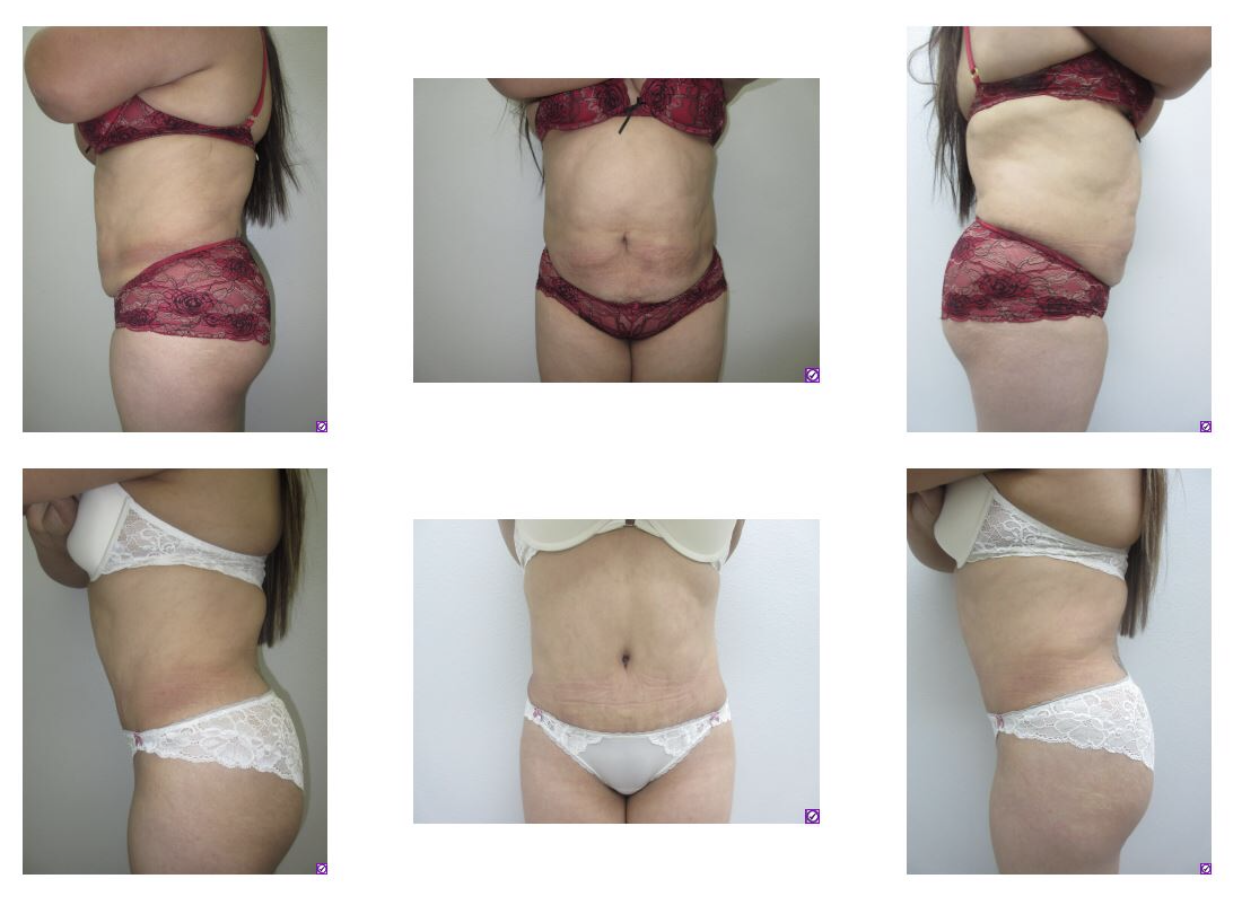Botched Plastic Surgery
Botched Plastic Surgery
Plastic surgery has the ability to restore the appearance of youth or remove excess fat, but these procedures also carry risks, especially if a surgeon lacks training and experience. Patients could end up deformed or with serious health issues if they do not properly research a doctor’s credentials before going under the knife. Possible complications include excessive bleeding, infection and nerve damage. In some cases, death has occurred.
Cosmetic Surgery Risks
Many cosmetic surgery risks arise from patients who seek operations abroad; often as part of a vacation package, especially in Asian countries. These discount plastic surgery deals might offer two procedures for the price of one, but there are many documented cases of patients needing revision surgery when they return home to correct faulty results. Some of these surgeons are not certified in plastic surgery procedures and operate in an assembly line fashion.
Even in the United States, a doctor performing plastic surgery can legally operate without specific training or experience in the field. A gynecologist, for example, could decide to begin performing plastic surgery even though he/she holds no certification in that area of medicine. A loophole in the law permits any physician holding a medical degree and certification from the American Medical Association to switch specialties at will. During rough economic periods, a physician could choose to perform plastic surgery to earn additional income.
Many cosmetic surgery risks arise from patients who seek operations abroad; often as part of a vacation package, especially in Asian countries. These discount plastic surgery deals might offer two procedures for the price of one, but there are many documented cases of patients needing revision surgery when they return home to correct faulty results. Some of these surgeons are not certified in plastic surgery procedures and operate in an assembly line fashion.
Even in the United States, a doctor performing plastic surgery can legally operate without specific training or experience in the field. A gynecologist, for example, could decide to begin performing plastic surgery even though he/she holds no certification in that area of medicine. A loophole in the law permits any physician holding a medical degree and certification from the American Medical Association to switch specialties at will. During rough economic periods, a physician could choose to perform plastic surgery to earn additional income.
Fashion Magazine
Photo By: John Doe
Button
*Before and after of a revised surgery by Dr. Richard Arabitg
Surgery Safety
The issue prompted the American Society for Aesthetic Plastic Surgeons (ASAPS) to initiate a safety campaign to educate the public about the number of botched surgeries performed by doctors who lack training. The ASAPS advises patients to seek plastic surgeons who are certified by the organization because it means they have received at least two years of specialized training and education in cosmetic surgery procedures. Dubbed “white coat deception,” this professional organization warns that certification in one area of medicine does not mean a doctor is competent to perform plastic surgery.
Some patients who fail to research surgeons before consenting to surgery end up with botched plastic surgery, such as asymmetrical breasts, scarring, or nerve damage. If liposuction is done incorrectly, fluid could form under the skin, leading to infection and swelling. Surgeon error could also cause puckering of the skin and the formation of blood clots, especially when surgery is done on the buttocks and pelvic areas. Risks increase for patients who smoke and women who use birth control pills or hormone replacement therapy. Certain vascular disorders, diabetes, genetic conditions and medications used to treat unrelated medical conditions can also lead to complications.
The use of general anesthesia also poses risk during cosmetic surgery, especially if more than one procedure is being done that requires a longer period of time under these drugs. A patient’s breathing might become obstructed, or disruption of the patient’s heart rate could lead to brain damage. Obese patients face greater risks of problems while under anesthesia.
Deep vein thrombosis could develop after plastic surgery, which defines a condition where blood pools in leg veins. The risk of this complication increases after liposuction procedures on the legs. If this condition develops, an additional surgery might be needed.
Surgeons who lack training in cosmetic surgery might make errors that permanently damage nerves, leaving patients with numbness in certain areas of the body. Breast implants done improperly could migrate if an unskilled doctor fails to properly insert implants in evenly spaced pockets. One 40-year-old, Los Angeles woman ended up with a single breast in the middle of her chest when her implants shifted after surgery.
The ASAPS recommends careful research before any plastic surgery procedure. Patients should ask if the surgeon is a board certified plastic surgeon, and the number of operations he/she has performed. Reputable doctors should be willing to offer photos of patients illustrating the results of cosmetic procedures. The ASAPS website lists the names of board certified doctors to help patients conduct research.
Contact Plastic Surgery Central Florida Today.
Cosmetic surgery has the ability to improve self-esteem and overall appearance, but a botched operation might leave the patient looking worse than before. That’s why it is important to ensure the surgeon selected is trained in the exact procedure sought, and has completed specialized education. Taking these steps improves a patient’s chance of a favorable outcome.
Dr. Richard Arabitg, board certified cosmetic surgeon in Orlando, FL, not only has a wealth of experience and training in performing a wide array of reconstructive & cosmetic surgeries, but is also board certified in general surgery and has 5 years of experience in operating on hearts and performing lung, kidney and liver transplants. Not only is he known for his talent and keen aesthetic eye, he is careful to only recommend procedures that he feels are right for the patient & never encourages more than what is necessary.








